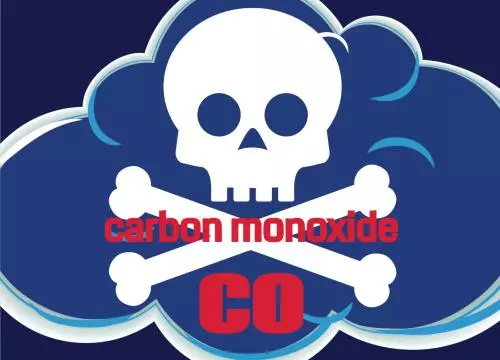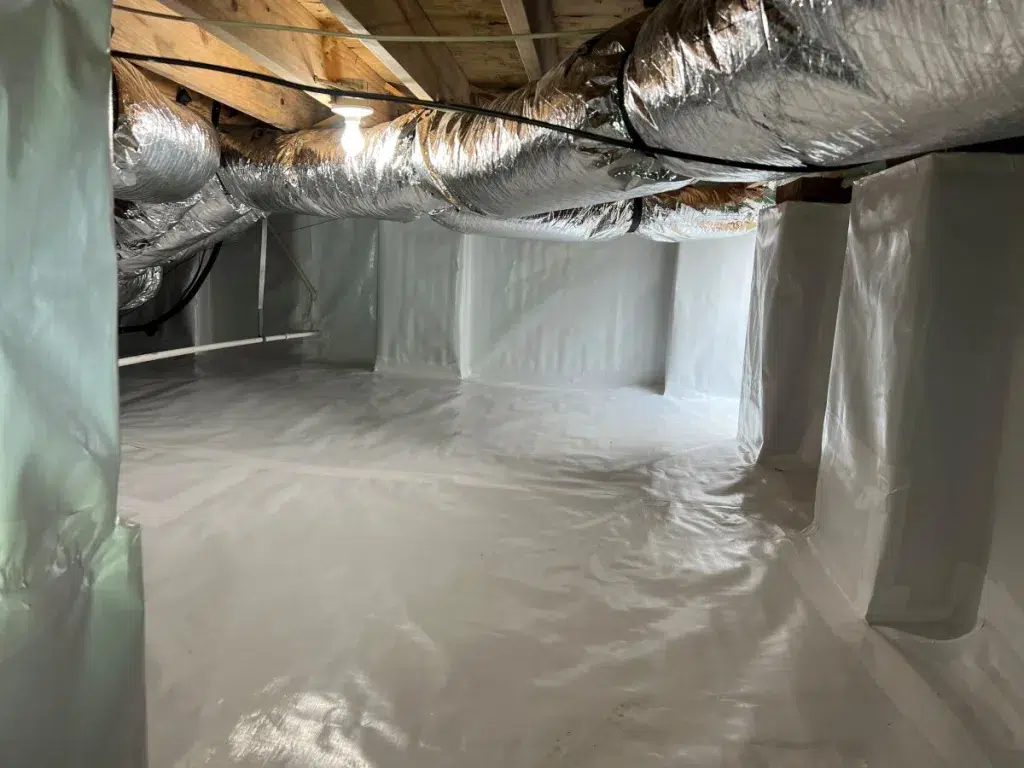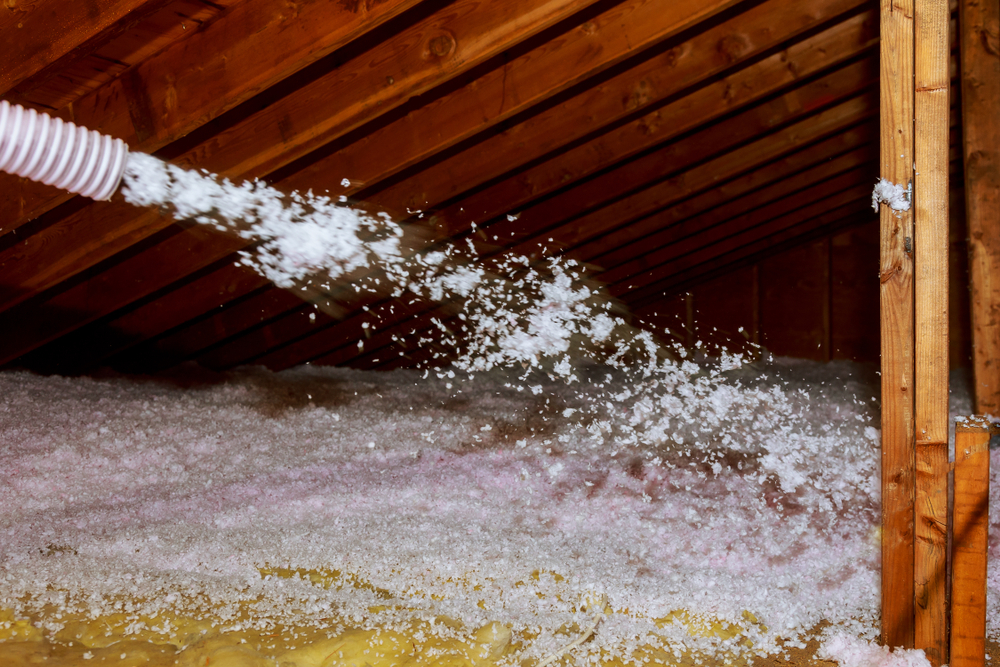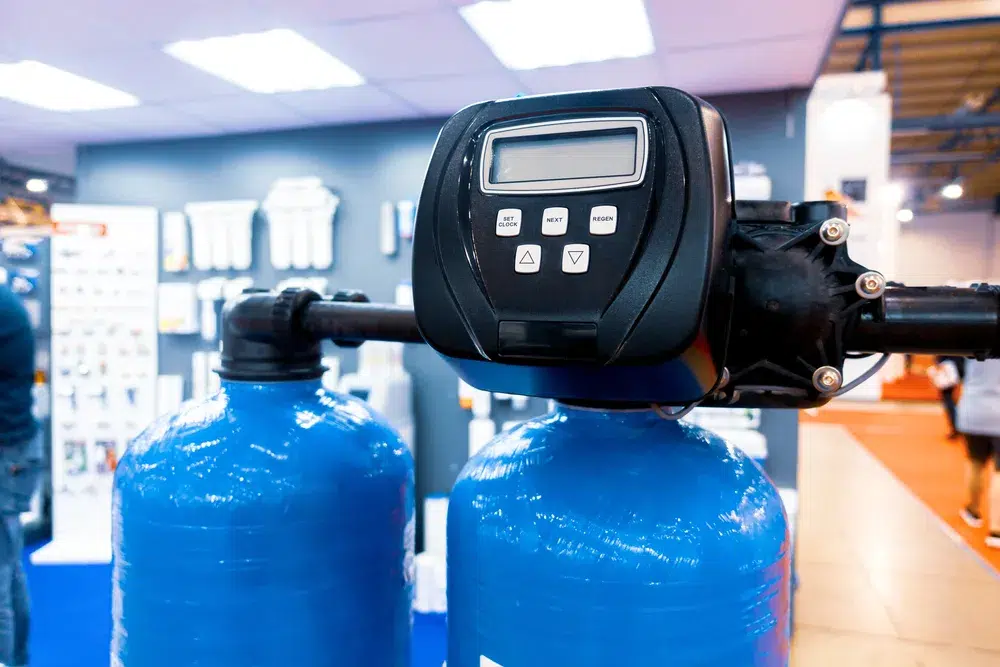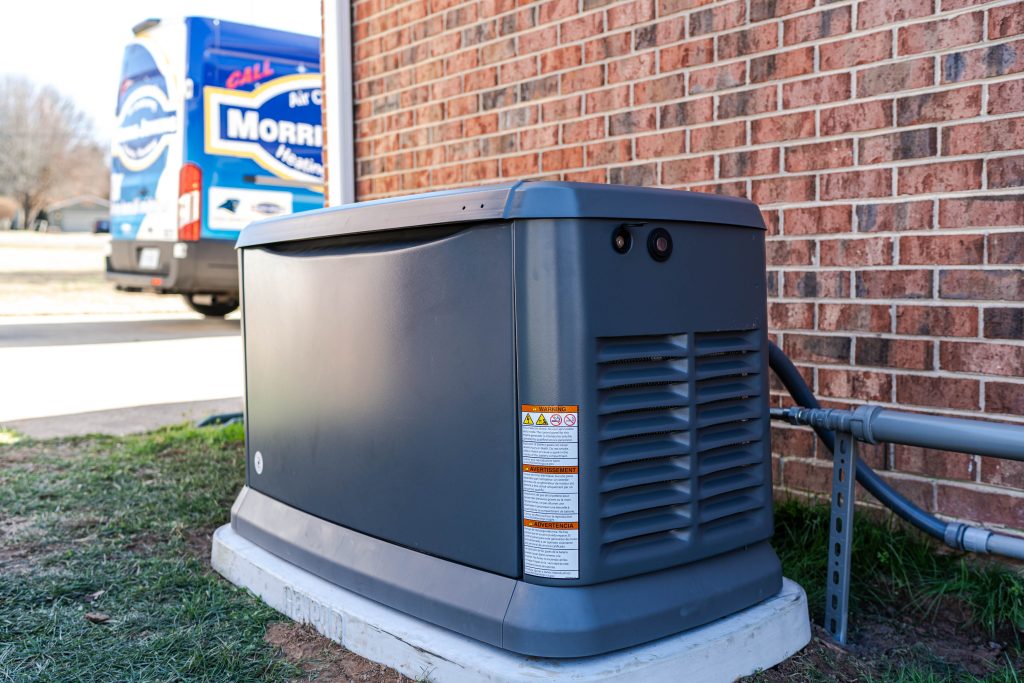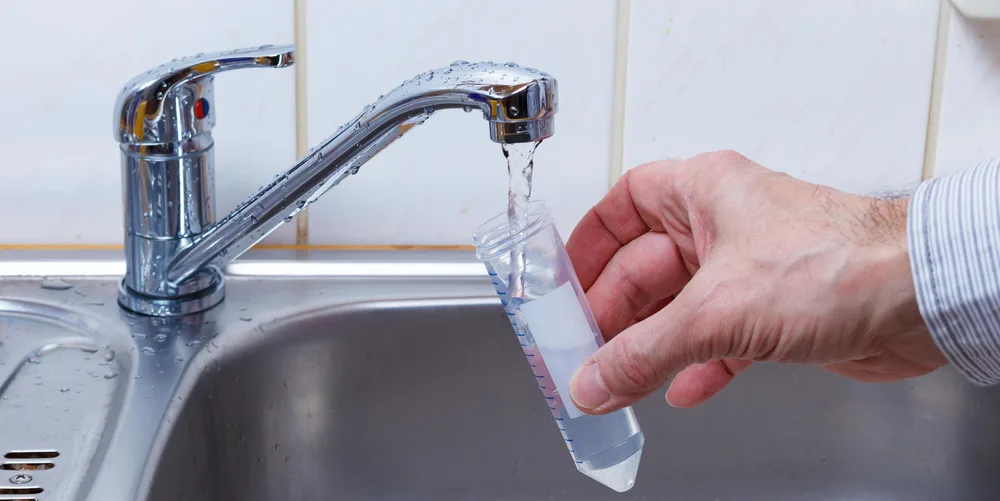What if we told you there’s a silent killer lurking in your home? You can’t see it or hear it, and you can’t even smell it. If your heating system is working right, it’s protecting your family from this killer, but if you have a crack in your heat exchanger, it could be leaking carbon monoxide (CO) into your home. CO is called the “invisible killer” because it’s a colorless, odorless, poisonous gas. Breathing in CO at high levels can be fatal.
There are 50,000 ER visits EACH YEAR because of carbon monoxide.
https://www.cdc.gov/nceh/features/copoisoning/
Let’s talk about the signs of carbon monoxide poisoning, plus a few ways you can keep your family safe and warm this winter!
Carbon Monoxide Poisoning
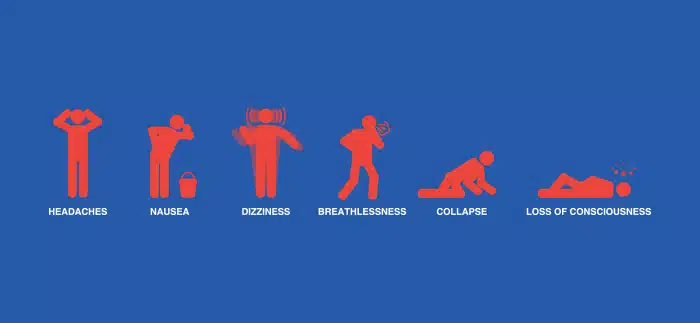
There are six main symptoms of carbon monoxide poisoning:
- Headaches
- Dizziness
- Nausea
- Breathlessness
- Collapse
- Loss of consciousness
The Centers for Disease Control and Prevention (CDC) says at least 430 people in the U.S. die from accidental CO poisoning every year, and about 50,000 people in the U.S. visit the hospital because of CO poisoning.
Carbon Monoxide Detectors
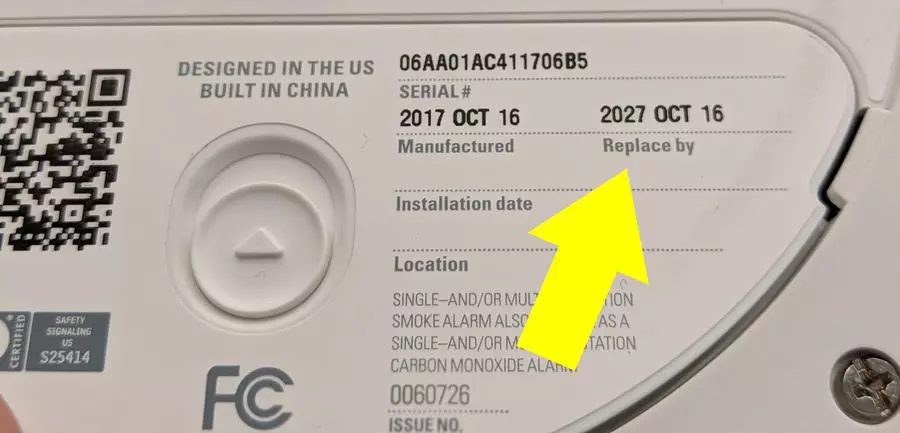
Did you know carbon monoxide detectors have an expiration date? When does yours expire? You should always stay on top of replacing your CO detectors before they expire, and you should replace the batteries every year.
Do you know how often you should test your CO detectors? At least once a month! You’d be surprised how often CO detectors go bad, and sometimes you don’t know until there’s an emergency. Regularly testing your alarms makes sure they’re ready to alert you any time there might be CO in the air!
How Does CO Leak into the Home?
If you have a furnace, that also means you have a part called a heat exchanger. This allows CO produced by your furnace to safely escape your home. However, if your heat exchanger gets cracked, that allows CO to seep directly into your ductwork and it’s then distributed throughout your family’s home.
Your furnace isn’t the only thing in your home that can cause CO leaks. To make it easy to keep your family safe, we have some important “Do”s and “Don’t”s for around your house.
Related: “Do You Have a Crack in Your Heat Exchanger”
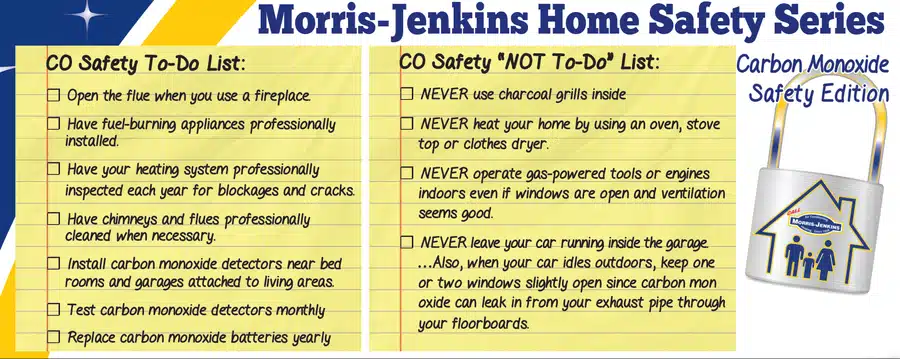
CO Safety To-Do:
- Open the flue when you use a fireplace.
- Have fuel-burning appliances professionally installed.
- Have your heating system professional inspected each year for blockages and cracks.
- Have chimneys and flues professionally cleaned when necessary.
- Install CO detectors near bedrooms and garages attached to living areas.
- Test CO detectors monthly.
- Replace CO detector batteries yearly.
Related: “5 Furnace Safety Features You Should Meet”
CO Safety NOT To-Do:
- NEVER use charcoal grills inside.
- NEVER heat your home by using an oven, stove top, or clothes dryer.
- NEVER operate gas-powered tools or engines indoors even if windows are open and ventilation seems good.
- NEVER leave your car running inside the garage. Also, when your car idles outdoors, keep one or two windows slightly open since CO can leak in from your exhaust pipe through your floorboards!
Keep Your Family Safe This Winter
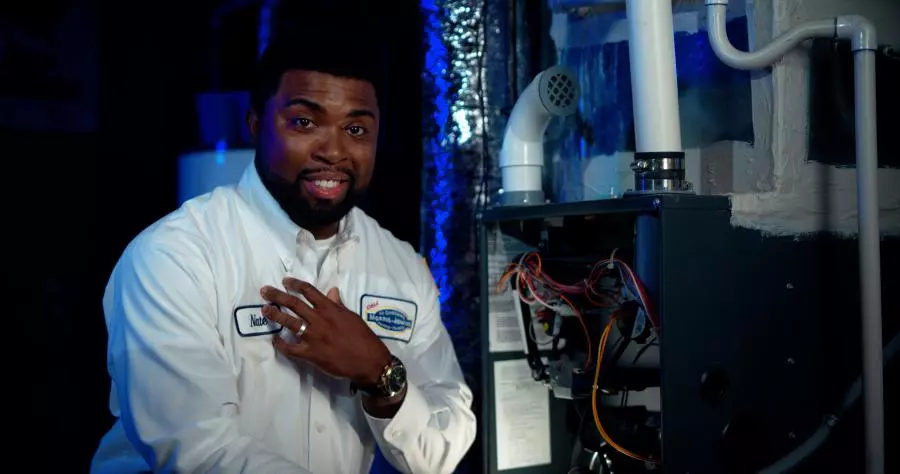
If you’re having symptoms of CO poisoning, that means you’ve already been exposed to high levels of this dangerous gas. Don’t wait until that point to do something about it! To make sure your family is protected against CO leaks, you can schedule a Morris-Jenkins technician to inspect your furnace to make sure everything is working safely and efficiently. While they’re there, your technician will check your CO detector, too!
For just $89, one of our certified safety experts will come out to your home to ensure your family stays safe and warm all winter long.
